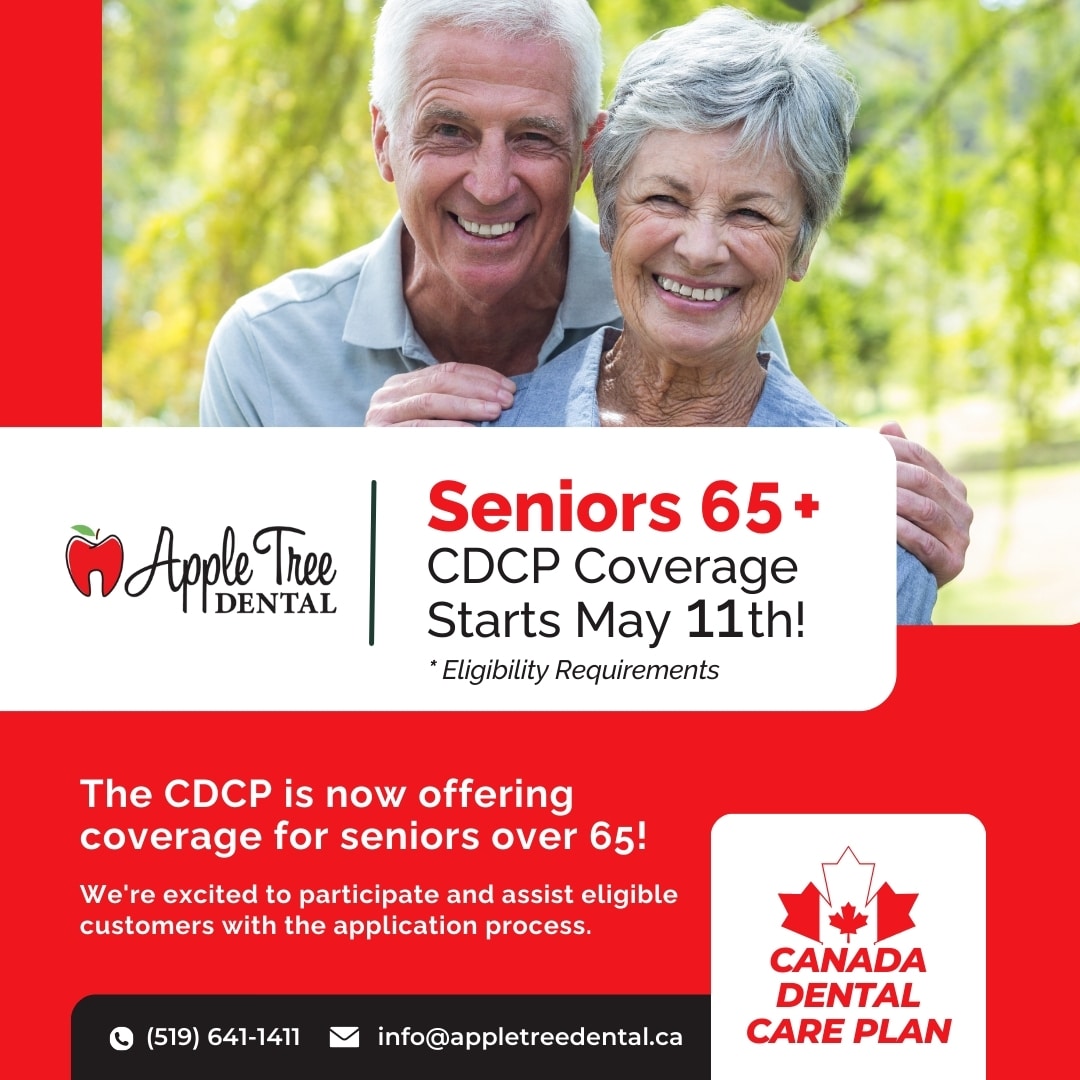Role Of Nutrition In Preventing Tooth Cancer
Blog
Role Of Nutrition In Preventing Tooth Cancer
Introduction:
One should be active and careful when it comes to oral hygiene. Sometimes silly ignorance may create problems like cancer.
We’ve put together this content that explains the Role Of Nutrition In Preventing Tooth Cancer. Be aware and take care of your teeth.
[1]Oral health is related to diet in many ways, for example, nutritional influences on craniofacial development, oral cancer, and oral infectious diseases. Dental diseases impact considerably self-esteem and quality of life and are expensive to treat. The objective of this paper is to review the evidence for an association between nutrition, diet, and dental diseases and to present dietary recommendations for their prevention.
Nutrition affects the teeth during development and malnutrition may exacerbate periodontal and oral infectious diseases. However, the most significant effect of nutrition on teeth is the local action of diet in the mouth on the development of dental caries and enamel erosion. Dental erosion is increasing and is associated with dietary acids, a major source of which is soft drinks.
Despite improved trends in levels of dental caries in developed countries, dental caries remains prevalent and are increasing in some developing countries undergoing the nutrition transition. There is convincing evidence, collectively from human intervention studies, epidemiological studies, animal studies, and experimental studies, for an association between the amount and frequency of free sugars intake and dental caries. Although other fermentable carbohydrates may not be totally blameless, epidemiological studies show that consumption of starchy staple foods and fresh fruit are associated with low levels of dental caries. Fluoride reduces caries risk but has not eliminated dental caries and many countries do not have adequate exposure to fluoride. It is important that countries with a low intake of free sugars do not increase intake, as the available evidence shows that when free sugars consumption is <15-20 kg/yr ( approximately 6-10% energy intake), dental caries is low.
For countries with high consumption levels, it is recommended that national health authorities and decision-makers formulate country-specific and community-specific goals for reducing the number of free sugars aiming towards the recommended maximum of no more than 10% of energy intake. In addition, the frequency of consumption of foods containing free sugars should be limited to a maximum of 4 times per day. It is the responsibility of national authorities to ensure the implementation of feasible fluoride programs for their country.
[2]Overview of Nutrition in Cancer Care
Key Points
- Good nutrition is important for cancer patients.
- Healthy eating habits are important during and after cancer treatment.
- A registered dietitian is an important part of the healthcare team.
- Cancer and cancer treatments may cause side effects that affect nutrition.
- Cancer and cancer treatments may cause malnutrition.
- Anorexia and cachexia are common causes of malnutrition in cancer patients.
- Good nutrition is important for cancer patients.
Nutrition is a process in which food is taken in and used by the body for growth, to keep the body healthy, and to replace tissue. Good nutrition is important for good health. A healthy diet includes foods and liquids that have important nutrients (vitamins, minerals, protein, carbohydrates, fat, and water) the body needs.
A Registered Dietitian Is An Important Part Of The Healthcare Team.
A registered dietitian (or nutritionist) is a part of the team of health professionals that help with cancer treatment and recovery. A dietitian will work with patients, their families, and the rest of the medical team to manage the patient’s diet during and after cancer treatment.
Research has shown that including a registered dietitian in a patient’s cancer care can help the patient live longer.
Cancer And Cancer Treatments May Cause Side Effects That Affect Nutrition.
Nutrition problems are likely when tumors involve the head, neck, esophagus, stomach, intestines, pancreas, or liver.
For many patients, the effects of cancer treatments make it hard to eat well. Cancer treatments that affect nutrition include:
- Chemotherapy.
- Hormone therapy.
- Radiation therapy.
- Surgery.
- Immunotherapy.
- Stem cell transplant.
Cancer And Cancer Treatments May Cause Malnutrition.
Cancer and cancer treatments may affect the taste, smell, appetite, and ability to eat enough food or absorb the nutrients from food. This can cause malnutrition, which is a condition caused by a lack of key nutrients. Alcohol abuse and obesity may increase the risk of malnutrition.
Malnutrition can cause the patient to be weak, tired, and unable to fight infection or finish cancer treatment. As a result, malnutrition can decrease the patient’s quality of life and become life-threatening. Malnutrition may be made worse if cancer grows or spreads.
Eating the right amount of protein and calories is important for healing, fighting infection, and having enough energy.
Anorexia And Cachexia Are Common Causes Of Malnutrition In Cancer Patients.
Anorexia is the loss of appetite or desire to eat. It is a common symptom in patients with cancer. Anorexia may occur early in the disease or later if cancer grows or spreads. Some patients already have anorexia when they are diagnosed with cancer. Most patients who have advanced cancer will have anorexia. Anorexia is the most common cause of malnutrition in cancer patients.
Cachexia is a condition marked by weakness, weight loss, and fat and muscle loss. It is common in patients with tumors that affect eating and digestion. It can occur in cancer patients who are eating well but are not storing fat and muscle because of tumor growth.
Some tumors change the way the body uses certain nutrients. The body’s use of protein, carbohydrates, and fat may change when tumors are in the stomach, intestines, or head and neck. A patient may seem to be eating enough, but the body may not be able to absorb all the nutrients from the food.
Cancer patients may have anorexia and cachexia at the same time.
Conclusion:
We hope the content lets you understand oral health. All the possible ways are explained but never bound yourself. Keep looking for the best suggestions for your good oral health.
For Assistance, Visit https://appletreedental.ca/
Article compiled by Apple Tree Dental
Article Reference Links:








